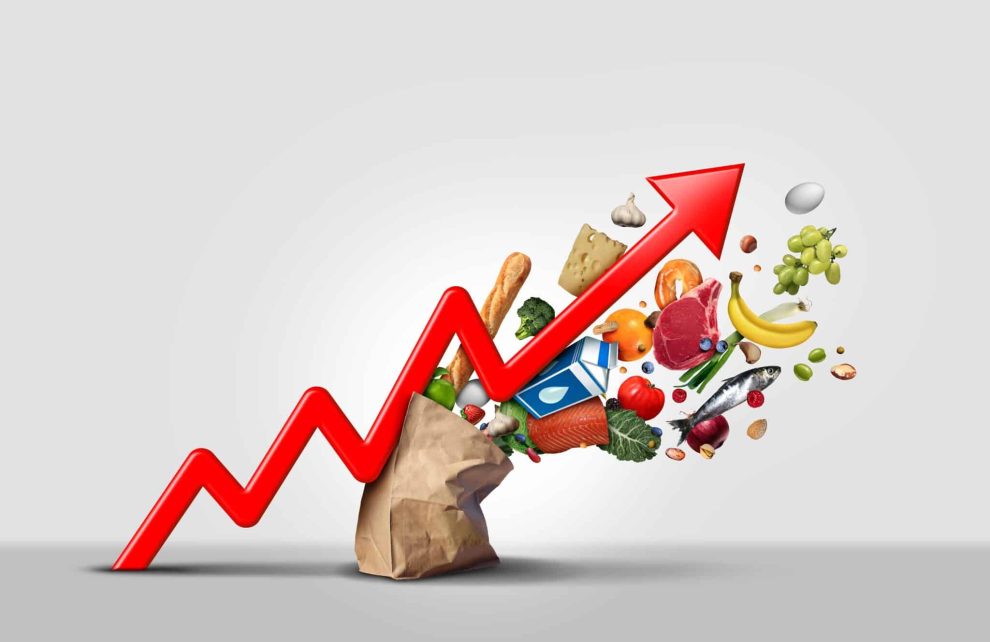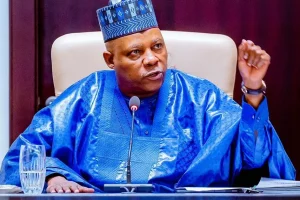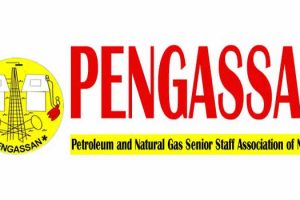Nigeria’s headline inflation rate showed a slight moderation in April 2025, dropping to 23.71% year-on-year, according to the latest figures from the National Bureau of Statistics (NBS).
This marks a decrease from the 24.23% recorded in March 2025 and a more significant fall from the 33.69% seen in April 2024. On a month-on-month basis, inflation also slowed considerably to 1.86% in April from 3.90% in March, indicating a slower pace of price increases for consumer goods and services during the month.
However, despite the national easing, the report highlights stark regional disparities. At least 10 states and the Federal Capital Territory, Abuja, continued to grapple with inflation rates exceeding 30%. Enugu State in the southeast recorded the highest headline inflation at 36.0% year-on-year.
Nationally, food inflation saw a notable year-on-year decrease to 21.26% in April, a sharp contrast to 40.53% in the same month last year. The NBS partly attributes this to a change in the base year used for calculation and falling prices for some essential staples. However, food prices remain a major concern in several states, with Benue State in the country’s north-central region experiencing a staggering 51.8% year-on-year food inflation, linked by the report to persistent insecurity.
Despite the official figures suggesting an improvement at the national level, Nigerian business leaders have expressed caution, stating that the benefits of the slight easing are yet to be felt by companies and consumers.
Dr Femi Egbesola, National President of the Association of Small Business Owners of Nigeria, said that while the easing offers “a glimmer of hope,” the realities for micro, small, and medium enterprises (MSMEs) “remain harsh.” He cited high input costs, weak consumer purchasing power, and limited access to affordable finance as ongoing challenges.
Similarly, the Lagos Chamber of Commerce and Industry (LCCI) described the 0.52% drop in the headline rate from March as “unremarkable” and not a cause for celebration, urging more focus on workable inflation-reduction policies. The LCCI does not anticipate any immediate loosening of interest rates by the Central Bank of Nigeria based on these figures.
Core inflation, which strips out volatile agricultural produce and energy prices, also moderated to 23.39% year-on-year.
The World Bank recently projected that Nigeria’s inflation rate will average 22.1% in 2025, anticipating that the Central Bank’s tight monetary stance will help dampen inflationary expectations. However, it identified the removal of petrol subsidies, exchange rate unification, and rising logistics costs as major drivers of the elevated inflation seen in recent years.
The NBS report suggests that while there are signs of inflation easing nationally, many Nigerians, particularly those in states with persistently high local inflation, continue to face significant cost of living pressures.





Add Comment